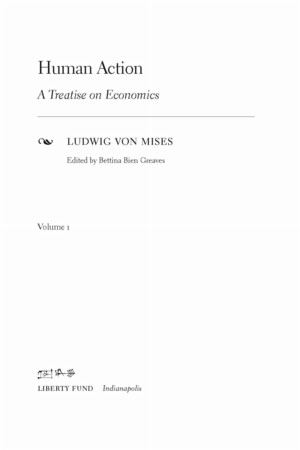You're welcome. It is easy to see that Knight has a distinguished background. His book, based on his dissertation at Cornell, alone likely would have won him the Nobel, but awards were not given in that subject until something like 1969. I believe Ludwig von Mises' theory of entrepreneurship is basically the same as Knight's. My understanding is that he based his theory on probability concepts developed by his younger brother Richard, however, who was a professor of aerospace engineering at Harvard:
Human Action: A Treatise on Economics, vol. 1 (LF ed.) | Online Library of Liberty (libertyfund.org)
The first 200 pages of Human Action is pretty philosophical and not easy to understand, and there are major differences between the Austrians and others on methodology, so if you wanted to read that you might start at something like page 201:
Human Action | Mises Institute
A shorter work of his having to do with entrepreneurship is Profit and Loss (1951), written not long after Human Action (1949):
Profit and Loss | Mises Institute
I'll add this piece by Rene Magritte, the famous Belgian surrealist, that I consider relevant. He painted hundreds of pipes, I believe. The words at the bottom are "This is not a pipe."
View attachment 88328
Consider that in relation to Knight's concepts of risk versus uncertainty, and mathematical models more generally. The first part of his book is basically perfect competition, formalized.
Hayek taught from Risk, Uncertainty, and Profit, I read somewhere, as a textbook at the London School of Economics. It influenced him, I believe, in these writings:
Hayek, Economics and Knowledge (1936) | Online Library of Liberty (libertyfund.org)
“The Use of Knowledge in Society” (1945) | Online Library of Liberty (libertyfund.org)



